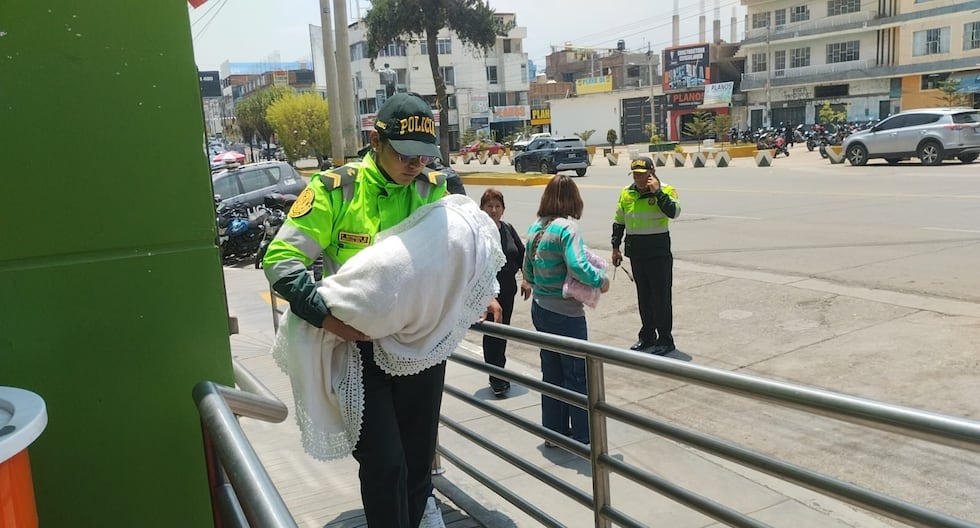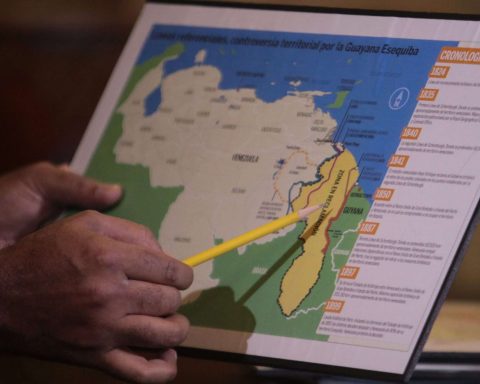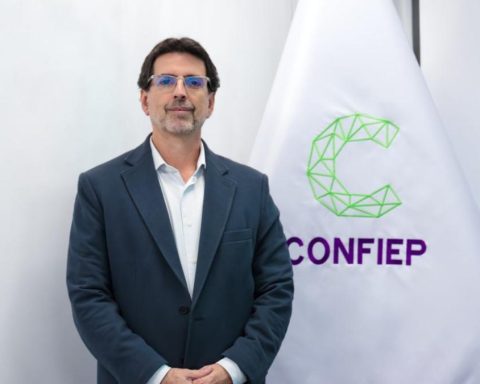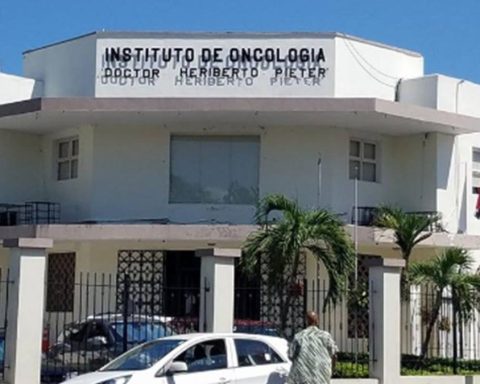The print comes from a report published by Kate Linthicum in Los Angeles Times on December 22, 2022, in particular from the testimonies collected from several people along a journey along the 140 miles of the Isthmus of Tehuantepec, in Veracruz and Oaxaca.
Carmelo Morrugares, from Sayula de Alemán, was a 45-year-old man who sold coconuts on a newly repaved road, which had allowed him to double his income from $5 to $10 a day. His father and daughter are beneficiaries of federal government support. He still remembers the day he saw the presidential motorcade pass by on its way to supervise the renovation of a railroad track in the region. “Presidents used to travel by helicopter, not by car,” he said. “We have never had a leader so close to the people.”
Carlos Estrada was 63 years old and had been working in a salt mine near Salina Cruz since he was 15. He always thought he would work until the last day of his life, just like his father and grandfather. Like almost 60% of Mexicans, he works in the informal sector and has never paid into a pension that would allow him to retire. But thanks to López Obrador’s social programs, from the age of 65 he will receive support equivalent to 300 dollars every two months. “God willing and if I am still alive by then, I will really enjoy it.”
Teresa Marín is a Pemex retiree. She was 60 years old when she was interviewed and lived in Salina Cruz. Thanks to her pension, she has been able to live a middle-class life. She owns a silver pickup truck, often goes out to lunch with her friends, and recently went on vacation to Colombia. She is grateful that, despite being the most indebted oil company in the world, the president has not let the company go under: “If Pemex were to disappear, it would become a city of slaves earning barely the minimum wage.” She was able to meet him in person when he toured the area and stopped at a stand to eat gorditas and drink atole. “He is not from the elite,” she says, “we can identify with him.”
Maurilio Galeana Alejo, originally from Boca del Monte, is a seventy-year-old farmer. He stood silently in front of the grave of his son, Amadeo, who migrated to the United States in the 1990s: “There was nothing to eat here.” Amadeo went to work in Wisconsin and returned in a coffin almost 30 years later, dying of cancer. Maurilio regrets not having met him as an adult. He claims that Mexican politicians have “screwed over” the poor in the countryside, but recognizes that López Obrador is different. Thanks to the Sembrando Vida program, he says, “we are less screwed than before, this government is giving us more.”

















